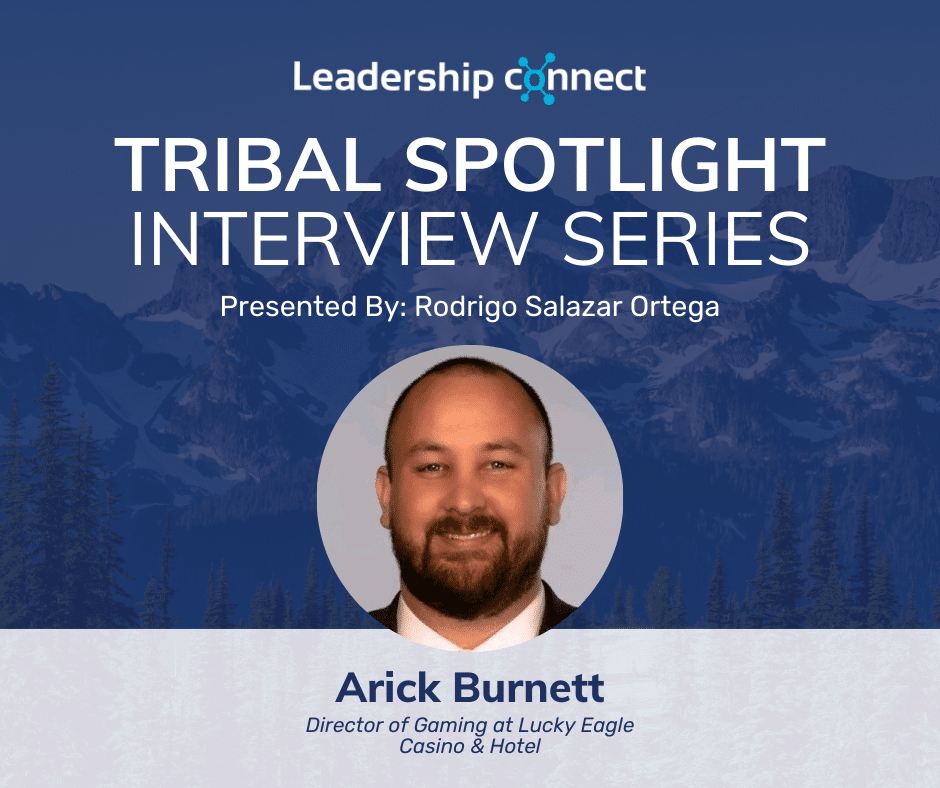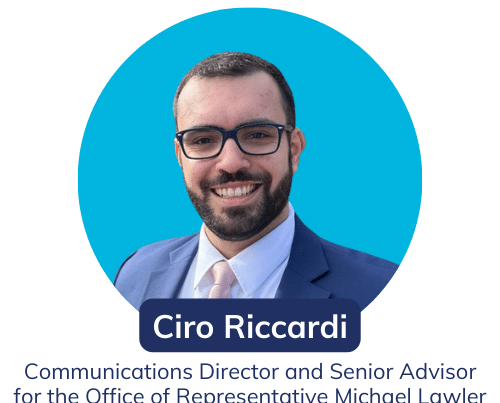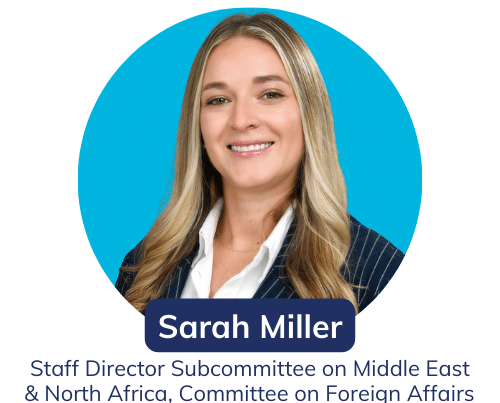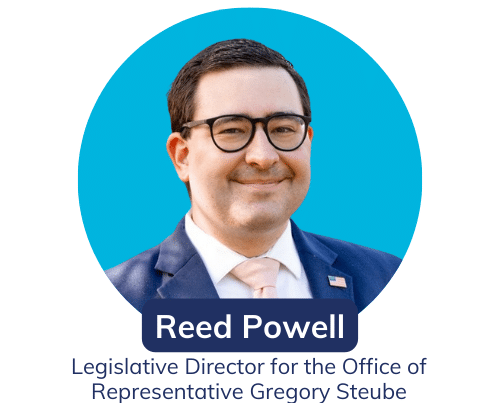Arick Burnett has built a diverse career spanning law enforcement, community relations, and the gaming industry. Born on a reservation and starting in construction, Arick’s career took a significant turn when an encounter with a law enforcement officer led him to a career in police work. His journey included roles in wildlife enforcement, community relations, and emergency management, particularly during the COVID-19 pandemic. Transitioning into the gaming industry, Arick has brought his extensive experience in Tribal and community relations to his current role.
Takeaways:
- Transitioning between roles and industries requires a willingness to adapt and learn from new contexts. Embrace the opportunity to grow and reassess your approach as needed.
- Navigating tribal government relations involves understanding and respecting cultural practices and family dynamics. Effective communication and empathy are vital in maintaining strong relationships.
- Whether in traditional or modern governance structures, building relationships and trust takes time. Approach every situation with humility and a willingness to listen and learn from others.

Can you tell me about your career path that has led you to where you are now?
I was born on a reservation, and after high school, I initially went into construction work. A chance encounter with a trooper led me to consider law enforcement. I started as a security officer at a casino and then trained as a police officer. That handshake agreement changed everything for me, leading to a full-time role in law enforcement, focusing on wildlife enforcement and community relations. I transitioned into community and government relations, working on expanding tribal rights and collaborating with tribal enforcement offices. My career took a significant turn during COVID when I was on the emergency management team, building response plans and working closely with businesses. Post-COVID, I moved into the casino industry, starting as the Director of Security and then transitioning to Director of Gaming.
How did you become passionate about the intersection of tech, government, and tribal communities, and how do you stay informed and engaged in those areas?
The intersection of tech, government, and tribal communities became crucial during my time on the emergency management team. I had to work with various stakeholders, including businesses, to build effective COVID response plans. This experience highlighted the importance of technology in managing crises and communicating effectively with tribal communities. I stay informed by continuously engaging with both the tribal and business communities, participating in conventions, and leveraging networking opportunities.
What do you believe sets Tribal Government Relations apart as a unique work environment, and how do you navigate its challenges in your everyday work?
Tribal Government Relations is unique because it operates like a family. Maintaining professional standards while managing family dynamics within the tribe is a delicate balance. Navigating these challenges involves understanding and respecting the cultural nuances and ensuring that processes are in place to support both personal and professional relationships. Effective communication and empathy are crucial, as is recognizing the importance of food and cultural practices in building relationships.
Describe a challenging or rewarding project that significantly influenced your growth as a professional. How did you handle the challenge, and what did you learn from the experience?
A significant challenge was transitioning from law enforcement to a for-profit entity in the casino industry. It required adapting my approach to empathize with employees and partners in a different context. This shift allowed me to reassess and readjust my strategies, focusing on people and engagement in the gaming industry. The experience taught me the importance of flexibility and understanding different perspectives, and it highlighted the value of mentorship and leadership in personal and professional growth.
What advice would you give to someone navigating how to bridge the gap between traditional practices and modern governance structures?
To bridge the gap between traditional practices and modern governance structures, it’s essential to be humble and open to learning. Understand that you have a unique perspective and contribute valuable insights. Build relationships over time and be patient, as trust and respect are crucial. Don’t rely on a one-size-fits-all approach; tailor your strategies to fit the specific needs and cultural contexts of the communities you work with. Emphasize the importance of being present in both formal and informal settings to truly understand and address the needs of the community.
Word Association, what is the first word that comes to mind for each of there?
- Policy – Guidance and coaching
- Networking – Opportunities and hope
- Communications – Essential
- Leadership Connect – Opportunities






